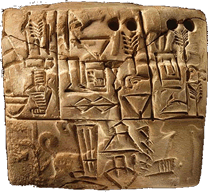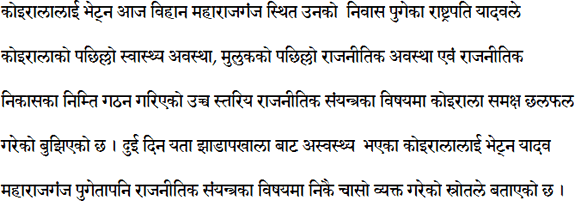Ta mee smooinaghtyn thie y chionnaghey ayns Bangor, as hug mee shilley er thieyn yn çhiaghtyn shoh as yn çhiaghtyn shoh chaie. Foddee verrym çhebb er nane jeu, agh shegin dou loayrt rish turneyr hoshiaght.
Teach a cheannach
Tá mé ag smaoineamh teach a cheannach i mBangor, agus chuaigh mé tithe a feiceáil an seachtain seo agus an seachtain seo caite. B’fhéidir déanfaidh mé tairiscint ar cheann acu, ach tá orm ag labhairt leis aturnae ar dtús.
Prynu tŷ
Dw i’n meddwl am brynu tŷ ym Mangor, ac es i i weld tai yr wythnos hon a’r wythnos ddiwethaf. Efallai mi na i gynnig ar un ohonynt, ond mae rhaid i mi siarad efo cyfreithiwr yn gyntaf.



